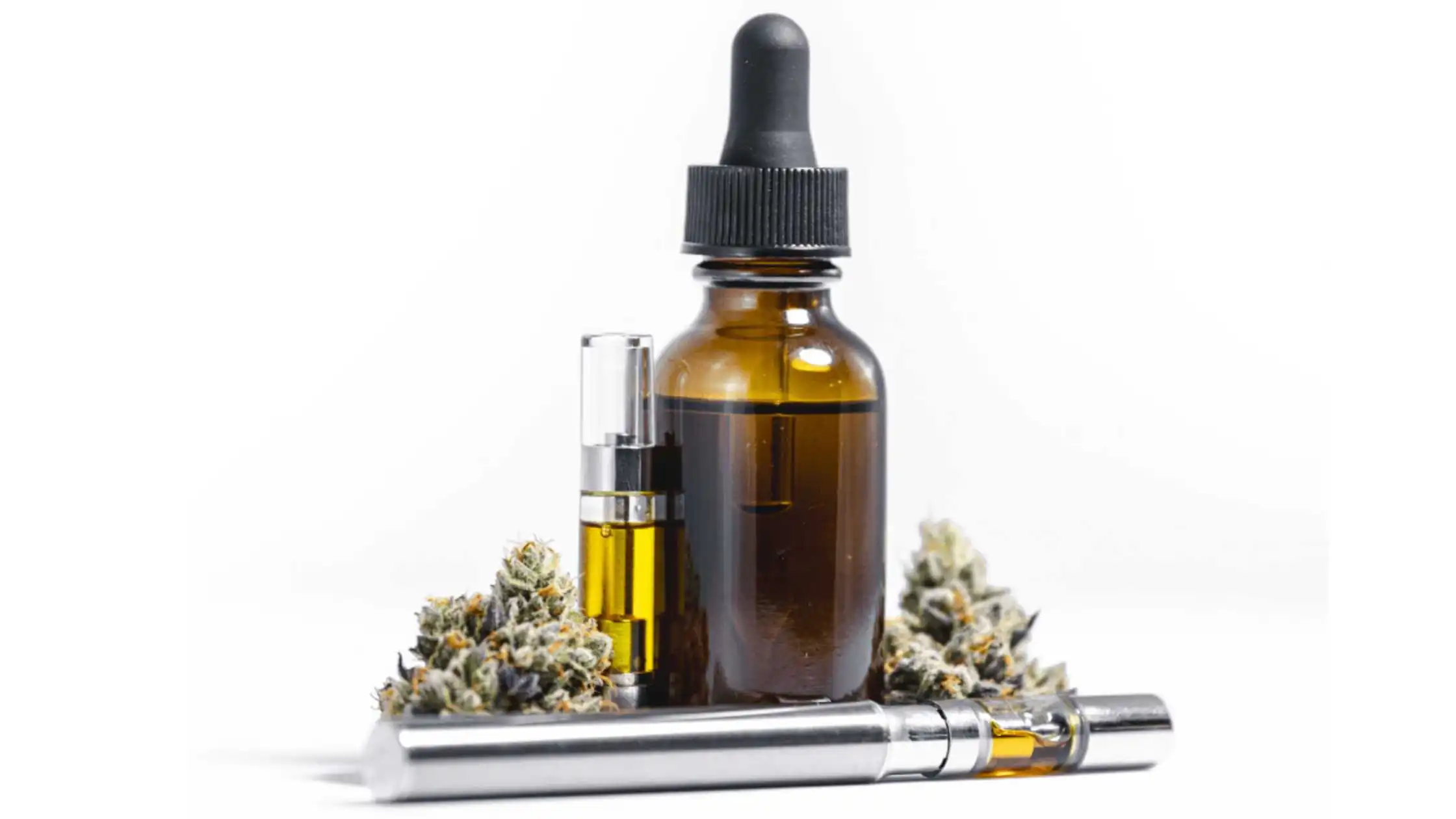A new study has explored the perceptions of cannabis among medical students in the US.
New findings suggest medical students in the US have primarily favourable views on medicinal and recreational cannabis use – but more education is needed.
A new study has delved deeper into the perceptions of cannabis among medical students in the US.
Despite growing evidence to support the use of cannabis for conditions such as post-traumatic stress, anxiety, pain, and even cancer, many doctors report feeling ill-equipped to prescribe medical cannabis or even answer questions from patients about it.
This is true in the UK but also in the US, where medical cannabis has been legal in many states.
The endocannabinoid system (ECS), the system in the body responsible for maintaining balance, was discovered in the early 1990s, but it is still not widely taught in medical school.
Researchers collected data from over 500 medical students via an anonymous questionnaire to determine if perceived knowledge, concerns about the potential adverse effects of cannabis, and certain beliefs would significantly contribute to their attitudes towards medical cannabis.
Perhaps unsurprisingly, results indicated that a “greater perception of knowledge” around medical cannabis and “lower concern” for possible adverse effects led to students having more positive attitudes towards it.
The data shows that 90 per cent of participants cited the efficacy of medical cannabis for chronic pain.
Seventy-six per cent felt it had benefits for cancer, 60 per cent for insomnia and fibromyalgia and 55 per cent for mental health conditions. In comparison, 54 per cent thought it efficacious for epilepsy and seizures.
It was also found that medical students supported the legalisation of both recreational and medical cannabis, although in different proportions.
However, participants reported a “moderate amount of concern” for the possible adverse effects of medical cannabis use, including abuse and potential for addiction.
The authors concluded: “Medical students with higher levels of perceived knowledge of MC [medical cannabis], less concern for its potential adverse effects, and greater belief in federal legalisation of cannabis for both medical and recreational purposes were associated with more positive perceptions about MC.
“Although the majority of students had positive perceptions about cannabis legalisation, they were more apt to endorse it for medicinal use over recreational use.”
While many participants reported that doctors should be able to prescribe medical cannabis, they reported that “little if any” education had been provided.
The authors added: “Even in states where MC is illegal, the development of curricula and training programs are encouraged as many students enter post-graduate training programs in states other than those for their undergraduate training.
“As the interest in the therapeutic effects of cannibals increases, it is important to establish its efficacy for medicinal use and proper dosing and evaluate its potential for adverse effects so physicians in training can be equipped with the best available evidence regarding treatment decisions.”
Disclaimer: https://cannabishealthnews.co.uk/2022/04/27/medical-students-share-views-on-cannabis-in-new-study-access22





